Paraplanning - Acorns to Oaks

Is it time to reframe how we talk about Paraplanning?
'Paraplanning is now a career in its own right’.
I’ve lost count of how many times I’ve seen this in articles and blogs, and I’m sure I will have said it myself in the past.
But, I see this now, and for some reason I can’t quite yet put my finger on, it irks me.
I’ve been working in financial services for coming for 25 years now, with well over 20 of those in financial planning and advice. Most of those have been spent in paraplanning, before I even knew what paraplanning was, I think.
Where are they now?
We all know, paraplanning can lead on to many other career choices. In my time in financial services, it’s been a real privilege to take on roles that have enabled me to meet many people in our profession, hundreds and hundreds over the years, I shouldn’t doubt. Many of them, like myself, have started in paraplanning.
As they’ve gained qualifications, experience, skills and knowledge, many have moved into different roles. Paraplanners I met, know and/or have worked with over my own career are now in Managing Director, Senior Partner, Head of Financial Planning, and Operations Director positions, and absolutely thriving in them. Many have also gone on to be really successful Financial Planners and advisers.
However, many others, like me, have chosen to stay in paraplanning. Some are in very senior paraplanner roles, sitting on investment committees, formulating advice policy and/or managing paraplanning teams. Others have gone down the outsource paraplanning route, either through setting up their own outsource businesses, or joining an outsource firm.
How have things changed?
Over the years, I’ve seen a real evolution of paraplanning. It’s gone from often being regarded as just a hurdle to get the business signed up (in firms I’ve worked with, the paraplanning team were sometimes ‘jokingly’ referred to as the Business Prevention Department’) to a key role in the client’s financial planning journey.
It was something that needed to be done to tick a compliance or admin box , and paraplanners were often seen as the ‘poor relation’ in the business. When I first began in financial advice, it was more or less instilled in me that advisers brought home the bacon, and paraplanners were mouths to feed! It was also viewed that paraplanning was just something you did on your way to becoming a financial adviser.
Of course, times have changed massively. Paraplanning has changed because financial planning and advice has radically changed. Over the last 20 to 15 years, due to legislation changes and a raising of professional standards and expectations, we have gone (certainly in my experience) from a sales based industry where clients’ financial problems were solved by selling them a product, to a service led planning profession, where long lasting plans, solutions and relationships are created.
We still sell of course, but we’ve gone from simply selling products to customers, to plug a gap, to selling long term solutions and peace of mind to our clients.
And with this move to a relationship based service for clients, has come the development and advancement of the paraplanning role. Many Paraplanners now are often already Chartered and Fellow members of our professional bodies, or are certainly aspiring to become so.
They are frequently a lynchpin in financial planning businesses, working collaboratively with the planner. Rather than simply being a cog in the machine, they will have shared ownership and responsibility in the client’s overall experience.


So with all this additional respect for paraplanning, arising from increased qualifications, skills and experience, why do we still keep staying that ‘it is now a career in its own right’?
I’ve met, trained, mentored and supported a whole range of paraplanners over the years. I’ve talked to them about their career aspirations, what they want to achieve, when and how we can help them do that. What I’ve noticed over the last few years, more and more view paraplanning as where they want to be, and where they want to stay.
To them, paraplanning is a career. It’s their career, and one they are really proud of. Having seen this evolution over more than two decades, it’s clear to me, that from tiny little acorns all those years ago, paraplanning is growing into a great oak.
We talk about trying to attract more people into the profession, that no-one outside of financial services knows what paraplanning is, but if I was someone being told a profession is now a career in its own right, I‘d be thinking – ‘Right oh, but why is it? What on earth was it before?’
Anyone who knows me, knows I am a paraplanner to my core and I love my job. I’ve been doing it for over 20 years, and will probably be doing it for many more; I am one of those ‘career paraplanners’. Perhaps that’s why it’s started to irk me!
So is it maybe time to reframe how we talk about paraplanning? Let’s ditch the baggage and change it from ‘Paraplanning is now a career in its own right’ to simply ‘Paraplanning is a great career’.












